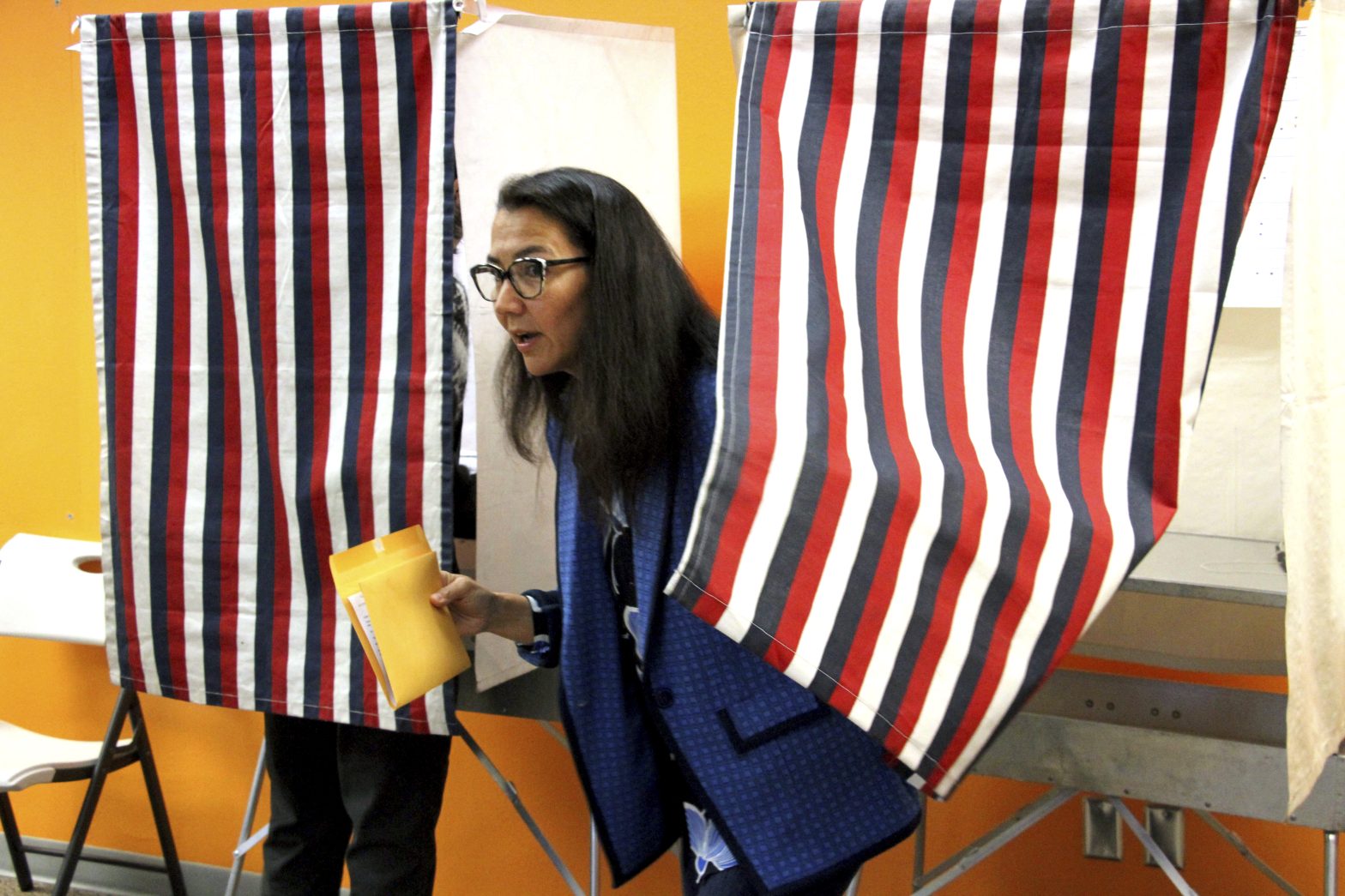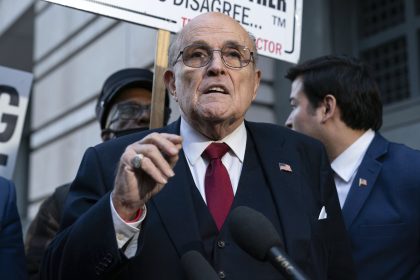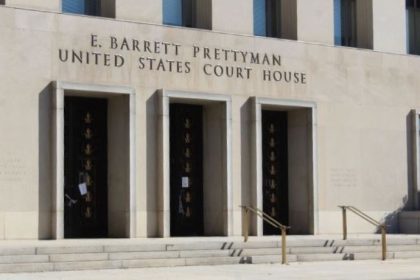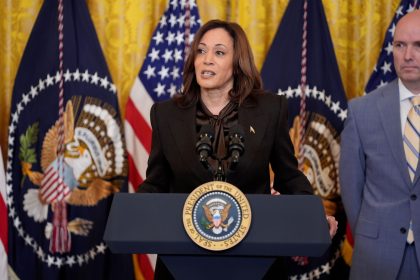As Alaskans Vote in Primary, DOJ Monitors Voting Rights Compliance

WASHINGTON — As Alaskans went to the polls on Tuesday, the Justice Department deployed monitors “in certain jurisdictions” of the state to ensure compliance with the Voting Rights Act of 1965.
Specifically, the DOJ said in a brief press release sent out Tuesday morning, the department was trying to ensure compliance with the minority language accessibility requirements of the Americans with Disabilities Act.
But when The Wells News sought an answer to why the Justice Department saw the need to monitor this particular primary election, the question, sent via email, was met with stone cold silence.
Similarly, the government and other entities in Alaska said they had no idea exactly what had triggered the move.
The closest The Well News came to an answer was an email reply from a spokesperson for the Alaska American Civil Liberties Union who said the state has historically had issues with in-person polls in rural communities.
“Sometimes it’s equipment malfunctions, no staffing or they run out of ballots,” the individual wrote. “The communities who suffer from this the most are rural villages where their population is predominantly Alaska Native.”
They also noted the state does traditionally have issues with language and disability access for voters.
On top of that, this year’s primary was the first in Alaska to feature rank choice voting — and it comes on the heels of a special congressional election, done by mail in June, in which thousands of voters were allegedly disenfranchised.
Of the 155,326 ballots received by state officials for the special election, at least 6,205 were rejected for at least one of 17 reasons to disqualify a ballot without being counted.
Though the rate of rejection wasn’t all that different from the percentage of mailed ballots rejected in all elections since 2016, because almost every voter participated by mail, the actual number of ballots rejected was much higher.
That caused many in the Native Peoples’ community to accuse the state of silencing their voices and adding yet another barrier for them to traverse for voting access.
The situation that arose in June was compounded by the fact Alaska has no notice and cure process whereby a voter, casting their ballot absentee or by mail, will be notified of a discrepancy on their ballot and be given time to fix it.
And then, there is the Trump factor, as a number of top government officials in Alaska, including Republican Gov. Mike Dunleavy and Lt Gov. Kevin Meyer, have been casting doubt on election integrity ever since the 2020 presidential election.
What is known for certain is that on Tuesday, officials with the DOJ’s Civil Rights Division monitored the cities of Anchorage and Juneau, Alaska, and the communities of Bethel, Dillingham Kusilvak, Alaska.
During early and absentee voting, the Civil Rights Division also monitored Anchorage and Juneau, the Kenai Peninsula and the Matanuska-Susitna Borough, Denali Borough, Fairbanks North Star Borough and Yukon-Koyukuk Census Area.























